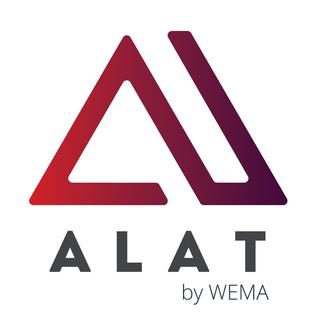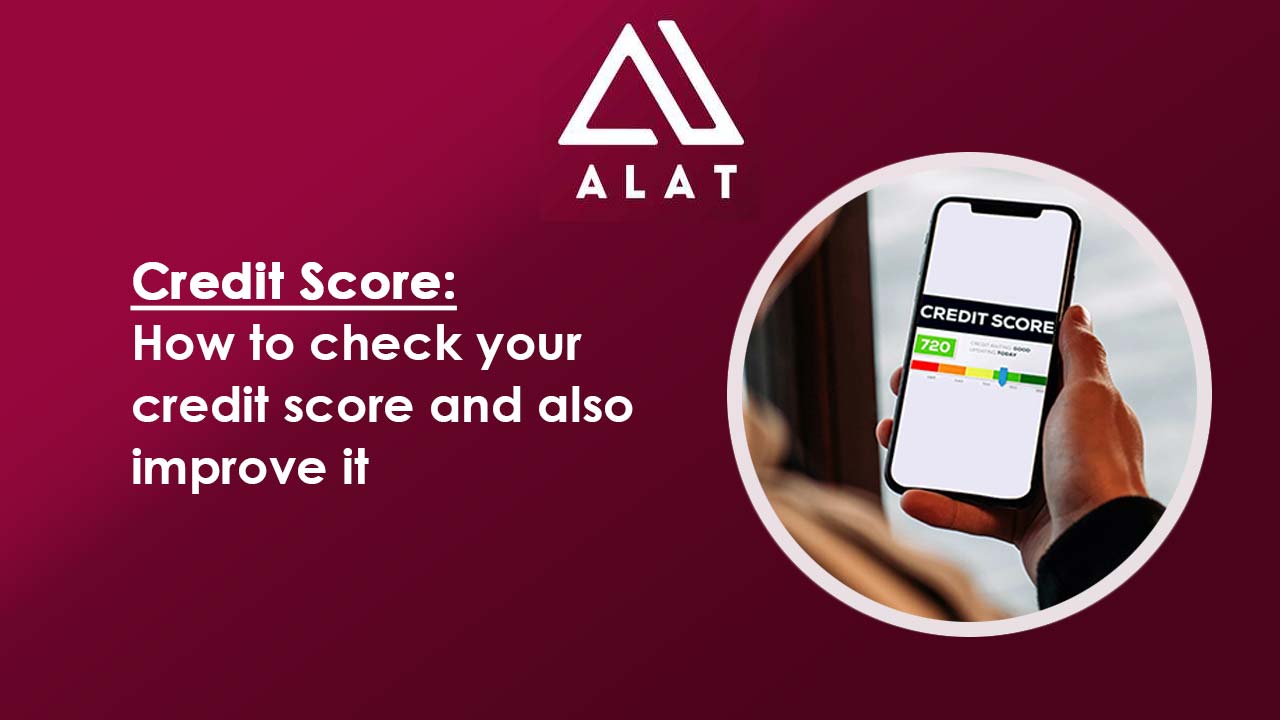Table of Contents
Loans in Nigeria
The term “Credit score”, isn’t usually considered as part of our day-to-day lingua here in Nigeria. However, in other countries and certain cases where one would like to take a loan from a bank, the term is often used. In this article, we will look at what a credit score is, how it works, and how it affects your loan application.
What is a credit score?
A credit score is a 3-digit number, ranging from 300 to 850 (using the VantageScoring model), that indicates the level of risk associated with granting credit or loan to a prospective borrower or customer. The lower it is, the higher the risk and shows that there is a high chance that the customer may default in payment, and vice versa. The scores are ranked as excellent, good, average, or poor. Simply put, a credit score is a representation of your creditworthiness.
Below are credit worthiness scales;
- 720 and above: Excellent credit
- 690-719: Good credit
- 630-689: Fair credit
- 300-629: Bad credit
Lenders and creditors often use credit scores for various risk assessment purposes ranging from market expansion, pre-qualification of customers, to credit evaluation.
Good vs Bad credit score
Good Credit Score: Someone with a track record of making all credit payments on time, clearing debt balance, and taking justified loans will have a good credit score. Any credit score which has credit utilization below 30% is considered a good score.
Bad Credit Score: A bad credit score generally falls below 630 on a scale of 300-850 for the most common scoring models, FICO and VantageScore. Scores of 630 to 689 are considered fair credit.
Why is it Essential to Have a Good Credit Score?
- You’ll be able to apply for low interest loans, car loans, home loans, and other personal loans from lenders as they first check their credit scores to determine their creditworthiness.
- Secure higher credit limits on credit cards: Although they are not so common or widely used, credit cards can be gotten in Nigeria, but until recently, they were majorly acquired on special requests from your bank. A good credit score is an indicator of your creditworthiness and you can take advantage of that in the form of higher credit limits on your cards.
- Access to highly rated credit cards: Several financial institutions offer best-rewarding credit cards to customers with good credit scores. These cards often come with certain privileges in the form of discounts on different online shopping platforms, cash back, complimentary movie tickets, discounts at luxury dining restaurants and hotels, travel miles, and much more.
- Eligible for a pre-approved loan offer: A good credit score will increase your chances of being able to get pre-approved loans at low interest rates from banks and financial institutions.
What factors impact your credit score?
- Debt Accumulation: Outstanding debts can greatly weaken your credit score. In the same vein, paying up your debts late can also negatively impact your creditworthiness.
- Constant credit applications it is essential to manage how often you apply for credit. If you apply too many times, you can further weaken your score. Try to space out your applications to avoid this.
- When you travel out of Nigeria and you do receive a credit card from your bank, be sure to use it wisely and within limits. Using the credit card within limits and ensuring timely payment of the bills will positively impact your credit score.
- Check your credit score regularly: This helps to know how well or how terribly you’re doing at managing your credit. It can also help you to identify any inaccurate or incorrect information and rectify it.
How to check your credit score
Every Nigerian is entitled to one free Credit report every year from any registered Nigerian Credit Bureau. To get a free credit report in Nigeria, use any of the following sources:
- Dial the USSD code *565*8# on your mobile phone to get instant Credit reports from CRC Credit Bureau. This service is currently available to MTN subscribers only. Read about ALAT USSD Code and how to use them
- Get a free credit report from Nigeria’s first independent licensed credit bureau. You only get one free report per month.
Who Can See Your Credit Report?
Fortunately, not everyone can see your credit score. In actual fact, there’s a shortlist of people or entities that can access your credit report, and these people or organizations must have what is known as a “permissible purpose”, which includes;
- An applicant or a guarantor for credit
- Review, renew, restructure or monitor credits
- Employment checks
- Prospective tenants
- Underwrite, review, or renew insurance policies or analyze insurance claims
- Application for credit contracts or other post-paid services
- Debt collection, enforcement of a monetary judgment or enforcement of any other debt
- Carry out KYC checks on any person for any permissible purposes
- Directive of a regulatory authority or a public body
- Compliance with a court order
People who can see your credit scores include;
- Banks, specialized banks and other financial institutions
- Leasing companies
- Insurance companies
- Cooperative societies and institutions that offer credit to SMEs
- Utility companies including electricity, telecommunications and water corporations
- Asset management companies
- Suppliers of goods and services on a post-paid, deferred or instalment payment basis
- Entities that in their ordinary course of business have relevant information that complies with Permissible Purposes
- CBN’s CRMS.
Do credit scores affect loan applications?
Yes, they do. The first thing lenders will look out for when considering your loan application is your credit score.
This is why it is particularly important to pay attention to your credit report. It determines whether lenders and creditors will do business with you and how good of an interest rate you get on financial products!
How do I get on ALAT?
Click here to download the app or on Google Play (for Android phones) or on iOS App Store (for iPhone). If you have a Wema Bank account, sign up on ALAT and follow the prompts on your screen. If not, follow the prompts on your screen still to sign up on ALAT.

